Nationwide: Average house prices rose in January – will property values recover in 2024?
The latest Nationwide house price index shows lower mortgage rates are boosting house prices. What does this mean for the property market?

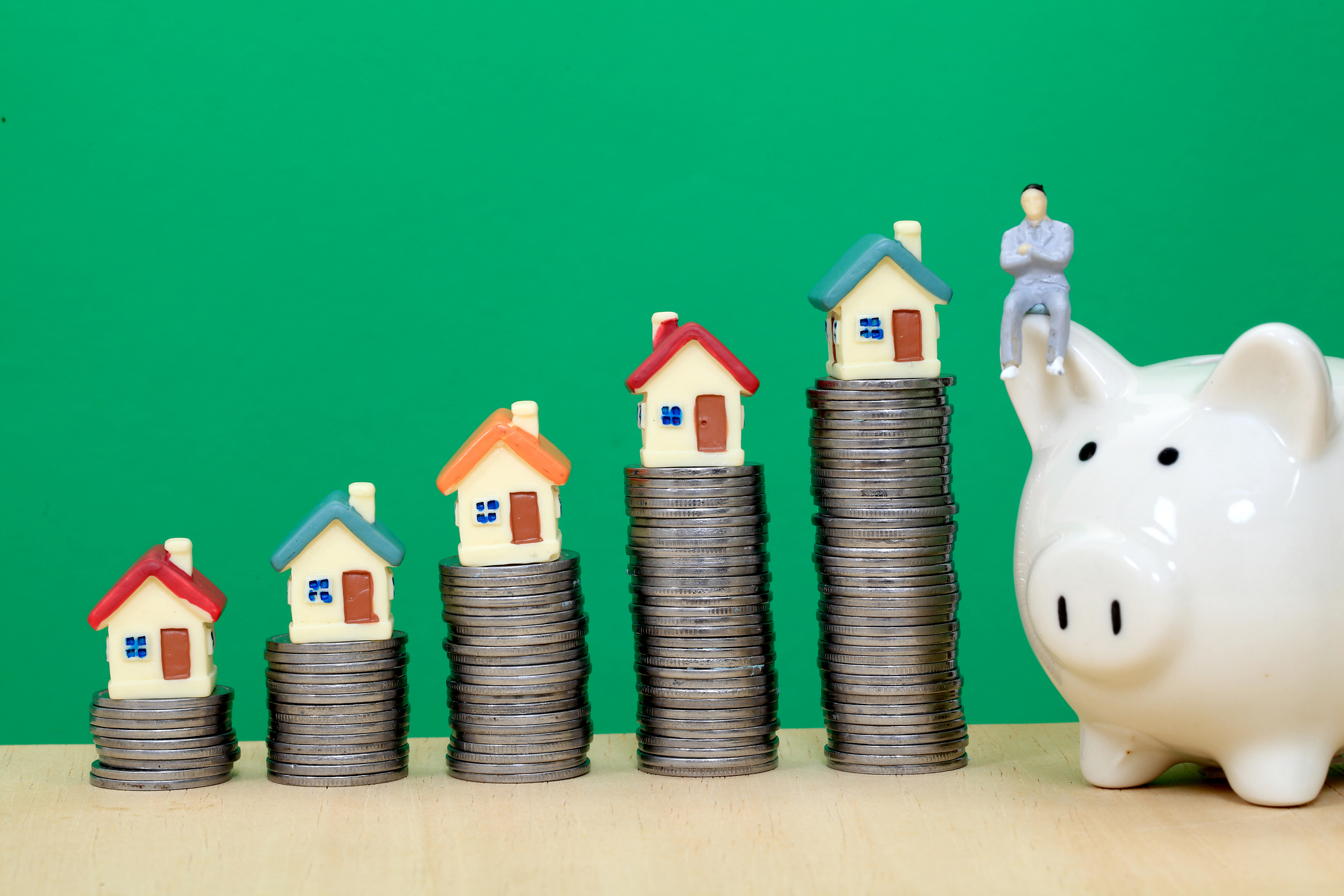
Get the latest financial news, insights and expert analysis from our award-winning MoneyWeek team, to help you understand what really matters when it comes to your finances.
You are now subscribed
Your newsletter sign-up was successful
Want to add more newsletters?

Twice daily
MoneyWeek
Get the latest financial news, insights and expert analysis from our award-winning MoneyWeek team, to help you understand what really matters when it comes to your finances.

Four times a week
Look After My Bills
Sign up to our free money-saving newsletter, filled with the latest news and expert advice to help you find the best tips and deals for managing your bills. Start saving today!
Average house prices rose between December and January while annual growth is slowing, Nationwide figures have revealed.
The latest Nationwide house price index, based on the building society’s mortgage lending activity, shows average house prices rose 0.7% on a monthly basis during January to £257,656.
Average house prices remain down on a yearly basis, declining 0.2% in January, but that is an improvement on the 1.8% decline reported in December.
MoneyWeek
Subscribe to MoneyWeek today and get your first six magazine issues absolutely FREE

Sign up to Money Morning
Don't miss the latest investment and personal finances news, market analysis, plus money-saving tips with our free twice-daily newsletter
Don't miss the latest investment and personal finances news, market analysis, plus money-saving tips with our free twice-daily newsletter
It comes as homebuyer confidence has been buoyed by slowing inflation and falling mortgage rates, making people more confidence about the costs of buying a property.
But Robert Gardner, chief economist at Nationwide, warns that a “rapid rebound” is unlikely, and raising a mortgage deposit remains a major issue for buyers.
Other house price indices have reported a strong start to the year, with the Rightmove house price index showing asking prices rose at their fastest rate for two years in January, while Zoopla has recorded a rise in demand.
It comes ahead of the Bank of England’s latest decision on interest rates this week.
“The precarious nature of the economy had left many prospective buyers in ‘wait and see’ mode, reluctant to buy a new home in the hopes of securing lower rates further down the line, but we are now seeing tentative signs that people are making a return to the market,” says Karen Noye, mortgage expert at Quilter.
“Should mortgage rates continue to fall then more may be lured back to the market sooner which would help to buoy prices further.”
Nicky Stevenson, managing director at estate agent group Fine & Country, said the housing market has started the year strongly.
“The housing market has been resilient during a turbulent period for the economy, and although the recent rise in inflation is a reminder that there could be more bumps ahead, there are many reasons to be positive,” she says.
“Mortgage approvals continue to rise month on month, as buyers return to the market at a steady rate. Many of them have been enticed to begin or resume their property search as a result of falling interest rates.
“Yet the Bank of England has a big decision on its hands when it decides what will happen with the base rate.
“Another pause in rate hikes, or even a fall, will keep encouraging buyers to the market, but a move in the opposite direction could put a bit of a damper on activity in the early part of 2024.”
Will house prices recover in 2024?
Many analysts have predicted that prices will drop further this year as affordability pressures remain and mortgage rates are still higher than many borrowers and buyers have been used to in recent years.
“While a rapid rebound in activity or house prices in 2024 appears unlikely, the outlook is looking a little more positive,” adds Gardner.
“The most recent RICS survey suggests the decline in new buyer enquiries has halted, while there are tentative signs of a pickup in the number of properties coming onto the market.”
Much will depend on the direction of mortgage rates.
“At the end of 2023, a borrower earning the average UK income and buying a typical first-time buyer property with a 20% deposit had a monthly mortgage payment equivalent to 38% of take-home pay – well above the long run average of 30%,” says Gardner.
"If average mortgage rates were to trend down to 4%, this would ease the mortgage payments burden to 34% of take-home pay, assuming house prices and earnings are unchanged.
“However, mortgage rates of 3% would be needed to bring this measure of affordability back towards its long run average.”
Nationwide has previously predicted that average prices will either be flat this year or drop by up to 2% depending on mortgage rates, while others such as Halifax and Zoopla have forecast declines of 2% to 4%.
Others are more positive.
Tom Bill, head of UK residential research at Knight Frank, suggests that UK house price declines are bottoming out as the economic news improves.
“Inflation has fallen faster than predicted, which means financial markets believe rates will drop by a full percentage point in 2024,” he says.
“Whatever the Bank of England decides to do, mortgage lenders set their rates based on these lower expectations, which is increasing demand. Mortgage approvals are creeping up and we expect UK house prices to rise by 3% this year. A general election later rather than sooner would allow more momentum to build.”
Get the latest financial news, insights and expert analysis from our award-winning MoneyWeek team, to help you understand what really matters when it comes to your finances.

Marc Shoffman is an award-winning freelance journalist specialising in business, personal finance and property. His work has appeared in print and online publications ranging from FT Business to The Times, Mail on Sunday and the i newspaper. He also co-presents the In For A Penny financial planning podcast.
-
 Should you buy an active ETF?
Should you buy an active ETF?ETFs are often mischaracterised as passive products, but they can be a convenient way to add active management to your portfolio
-
 Power up your pension before 5 April – easy ways to save before the tax year end
Power up your pension before 5 April – easy ways to save before the tax year endWith the end of the tax year looming, pension savers currently have a window to review and maximise what’s going into their retirement funds – we look at how
-
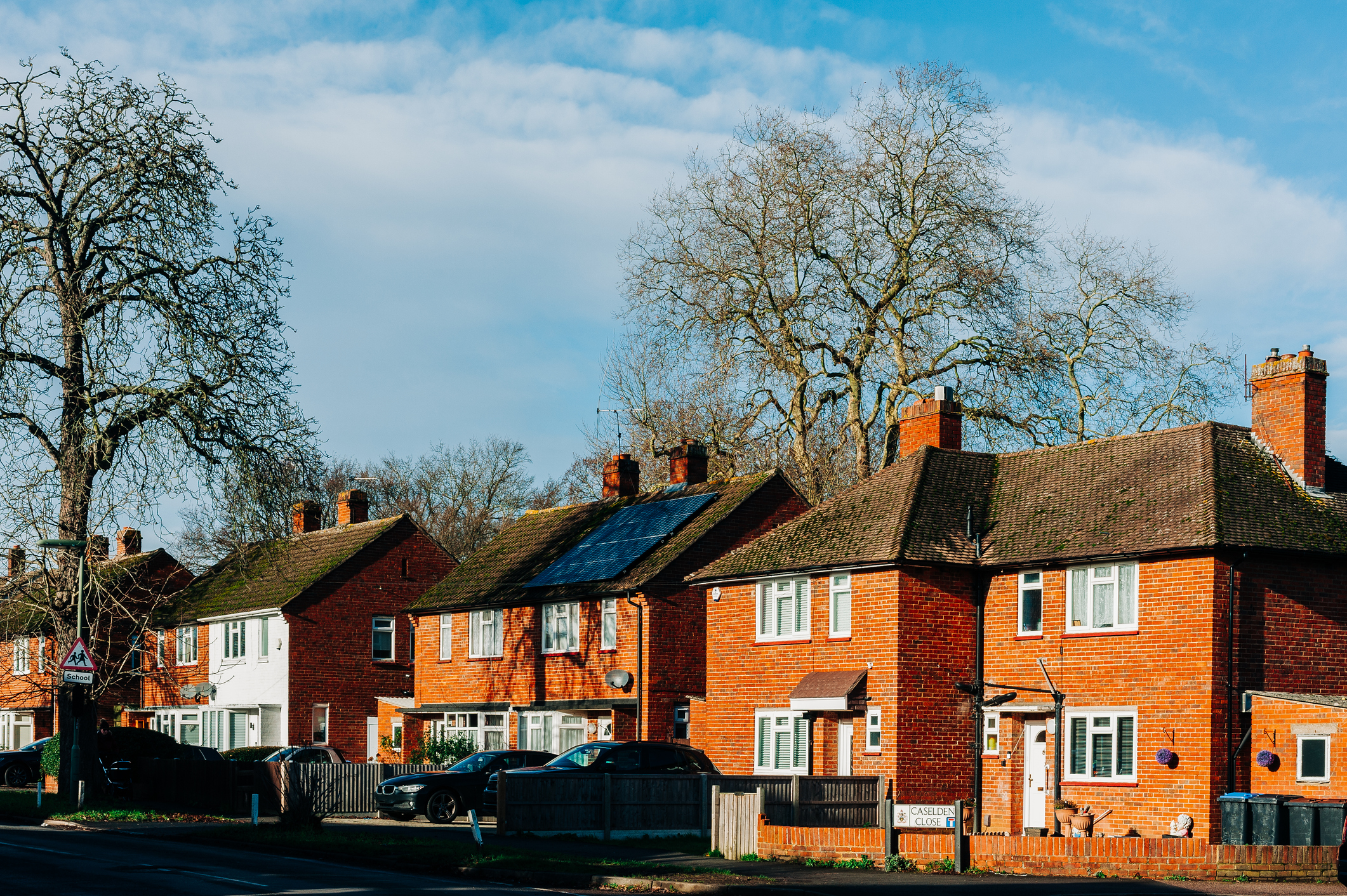 Nationwide: UK house price growth bounced back in January
Nationwide: UK house price growth bounced back in JanuaryHouse price growth slowed in 2025 but the new year is showing more positive signs for the property market
-
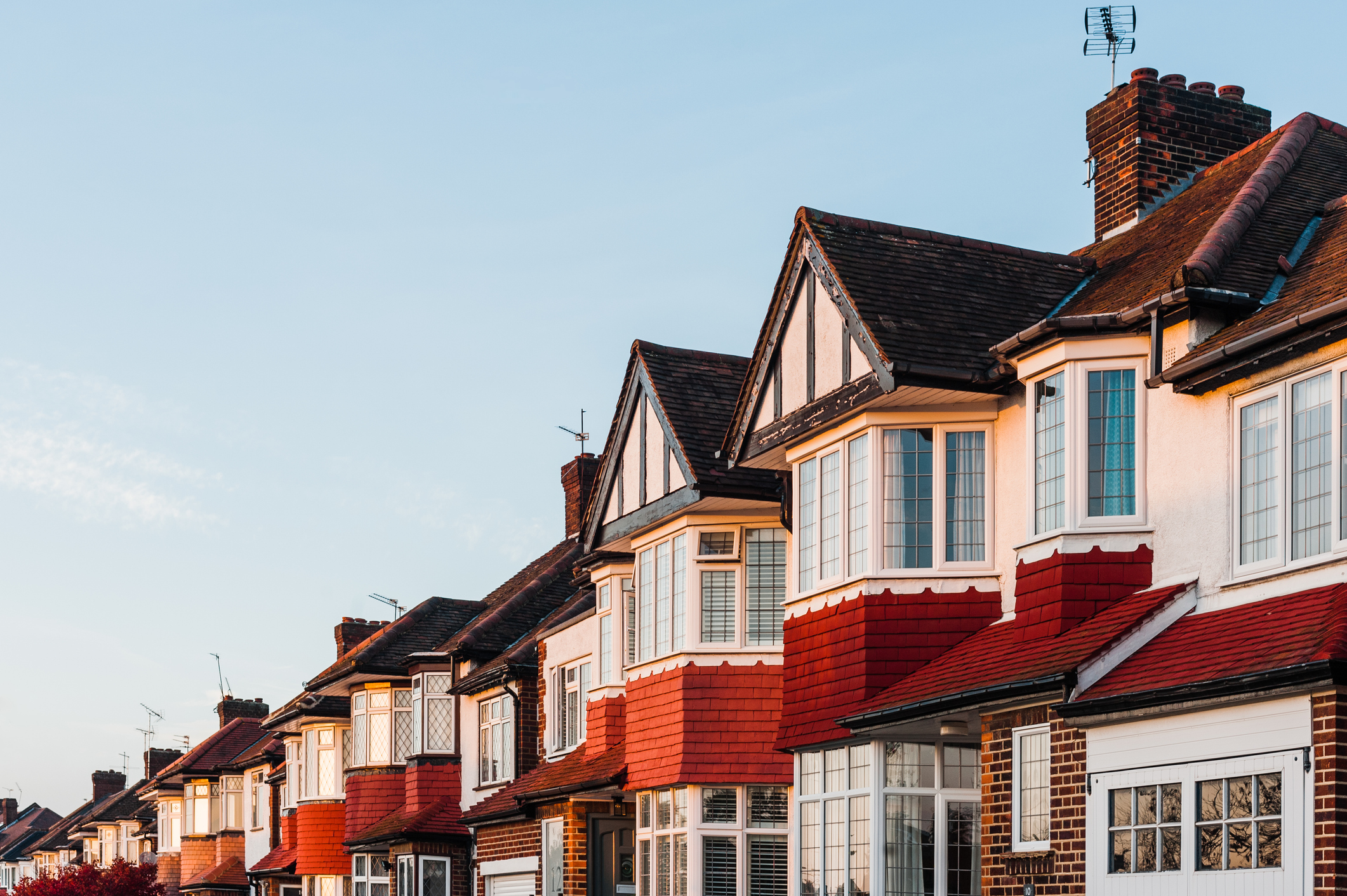 Nationwide: House price growth slows but market remained resilient despite Budget worries
Nationwide: House price growth slows but market remained resilient despite Budget worriesThe average price of a house in the UK was £272,998 in November, as annual house price growth slowed to just 1.8%, Nationwide said.
-
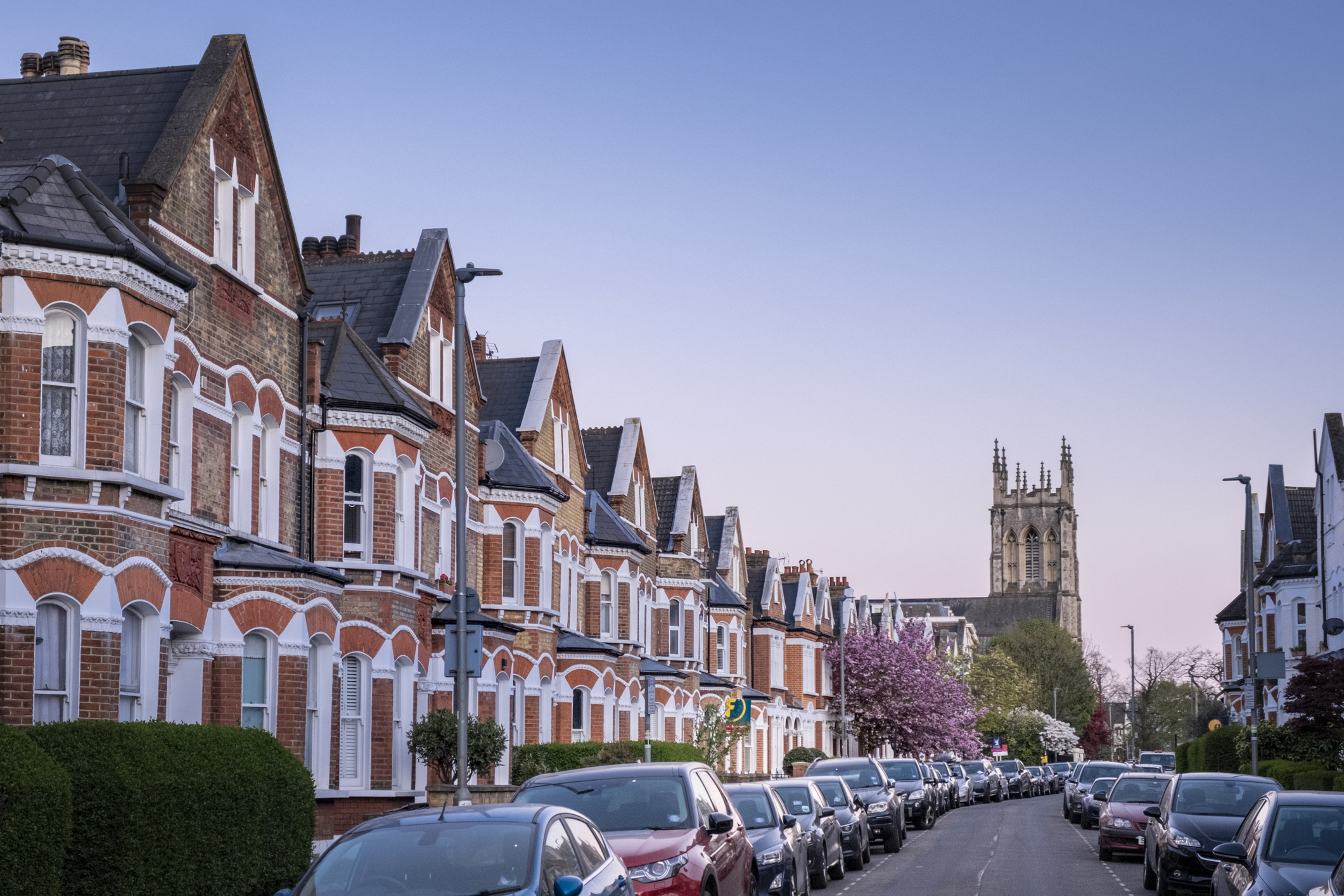 London house prices to outperform rest of UK, says economist
London house prices to outperform rest of UK, says economistAfter years of underperformance, London house prices are set to grow faster than the rest of the country, according to Capital Economics. We look at the reasons behind this forecast – and whether other experts agree
-
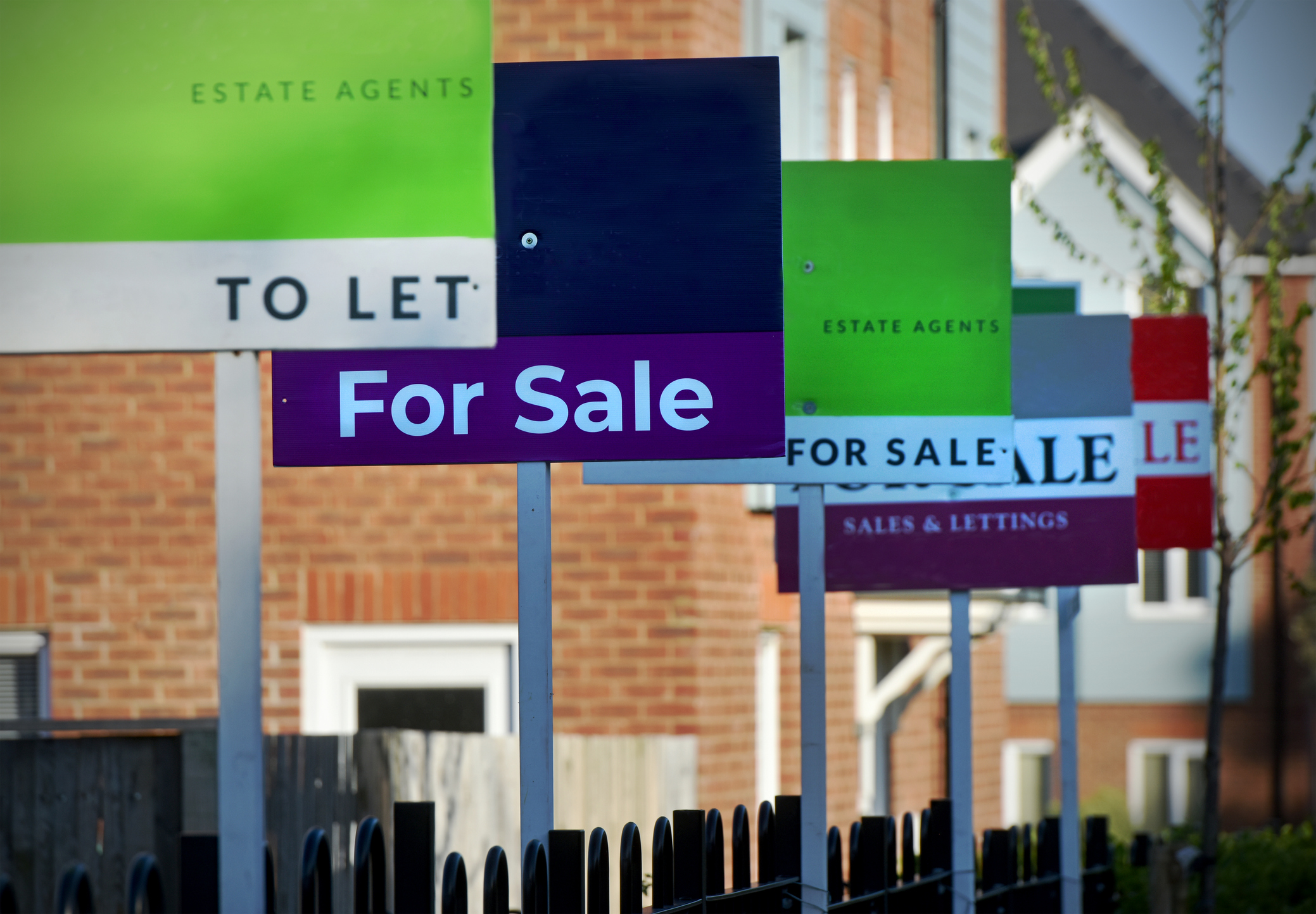 Nationwide: House prices fell by 1.8% in 2023 – will they drop further this year?
Nationwide: House prices fell by 1.8% in 2023 – will they drop further this year?News Nationwide’s latest house price index reveals how the property market performed in 2023
-
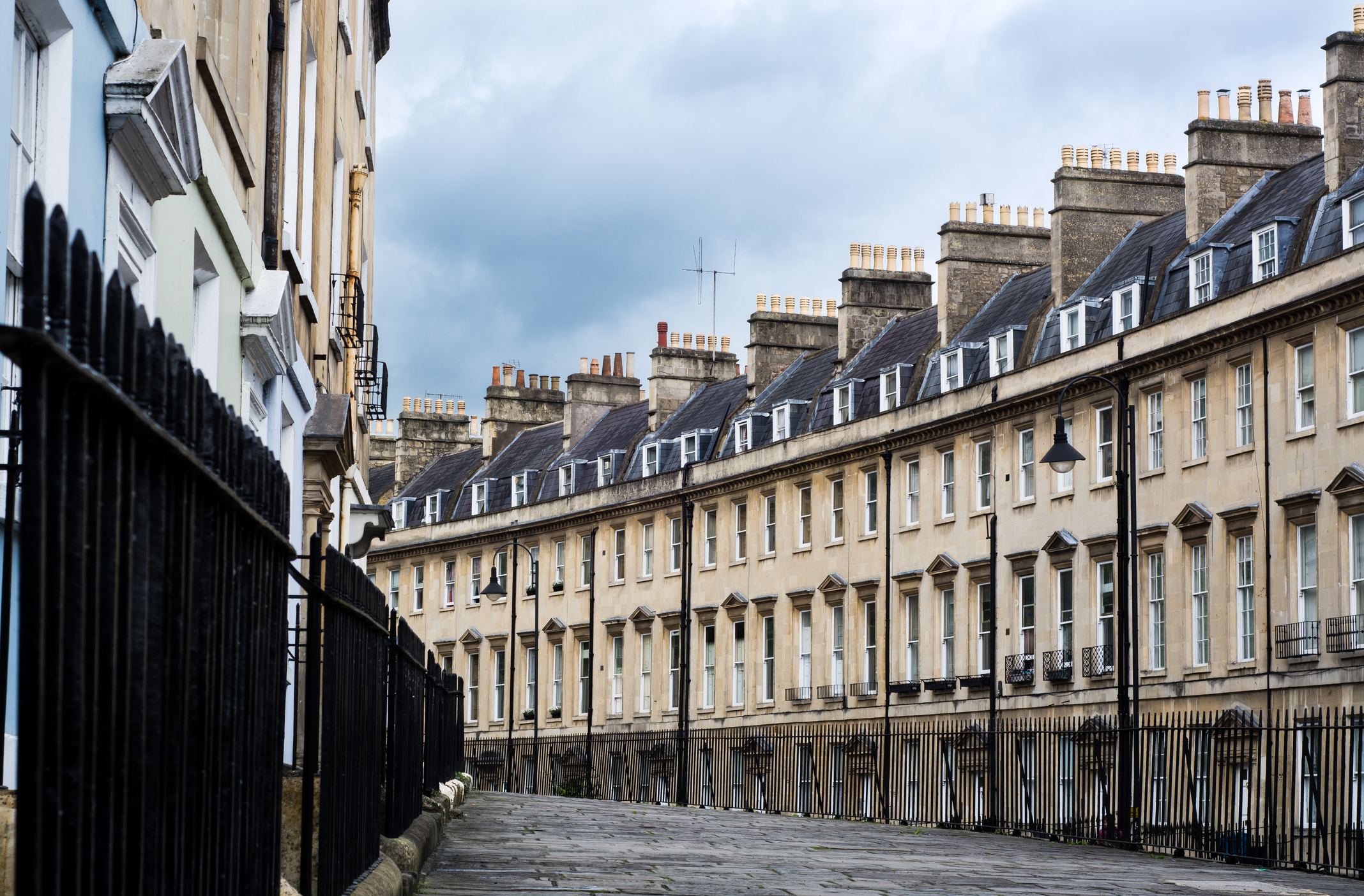 Nationwide: House prices fall at fastest rate since July 2009
Nationwide: House prices fall at fastest rate since July 2009High borrowing costs continue to undermine the housing market, but some buyers are making their move before rates rise further.
-
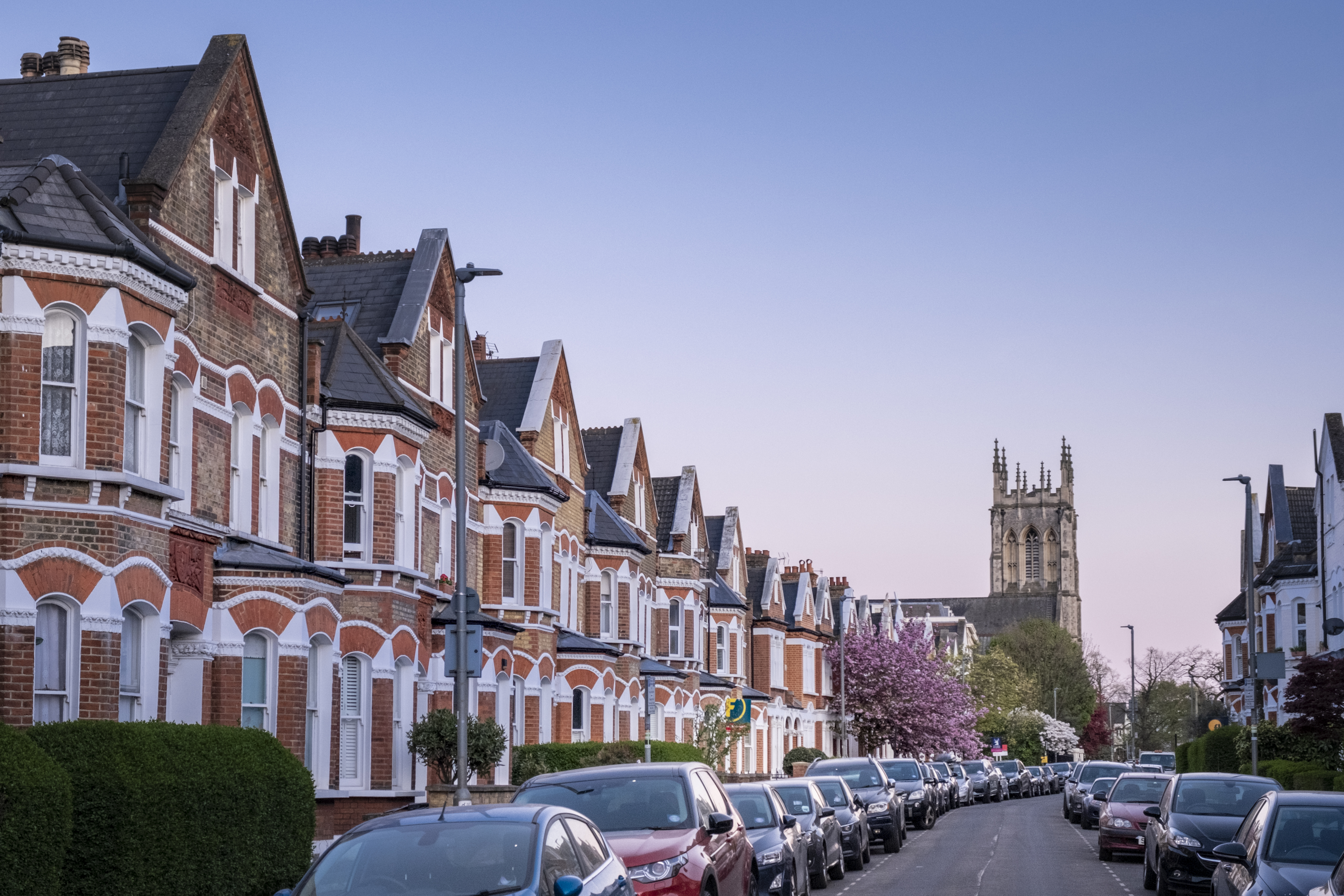 Will mortgage rates fall this year?
Will mortgage rates fall this year?The mortgage price war may be over in a blow for borrowers. Whether you're buying a home, remortgaging or you’re a buy-to-let landlord, we look at the outlook for mortgage rates this year and into 2026
-
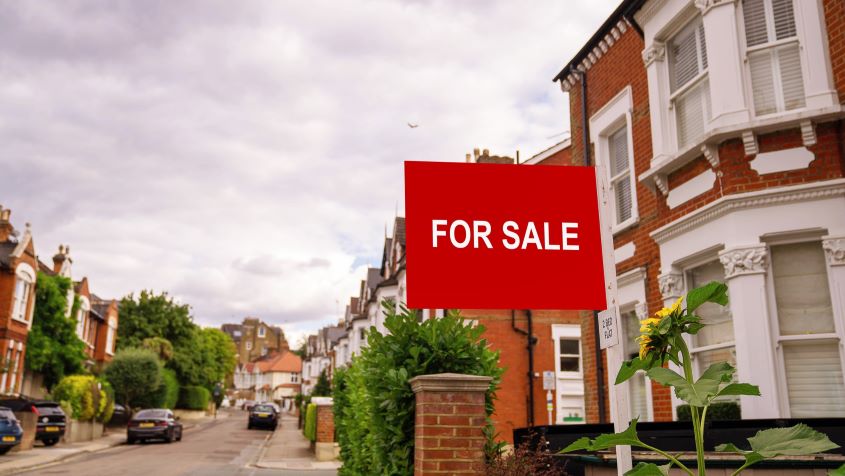 Halifax: House prices bounce in February, but market remains subdued
Halifax: House prices bounce in February, but market remains subduedNews Latest house prices show a rise in February - has the potential house price crash stalled?
-
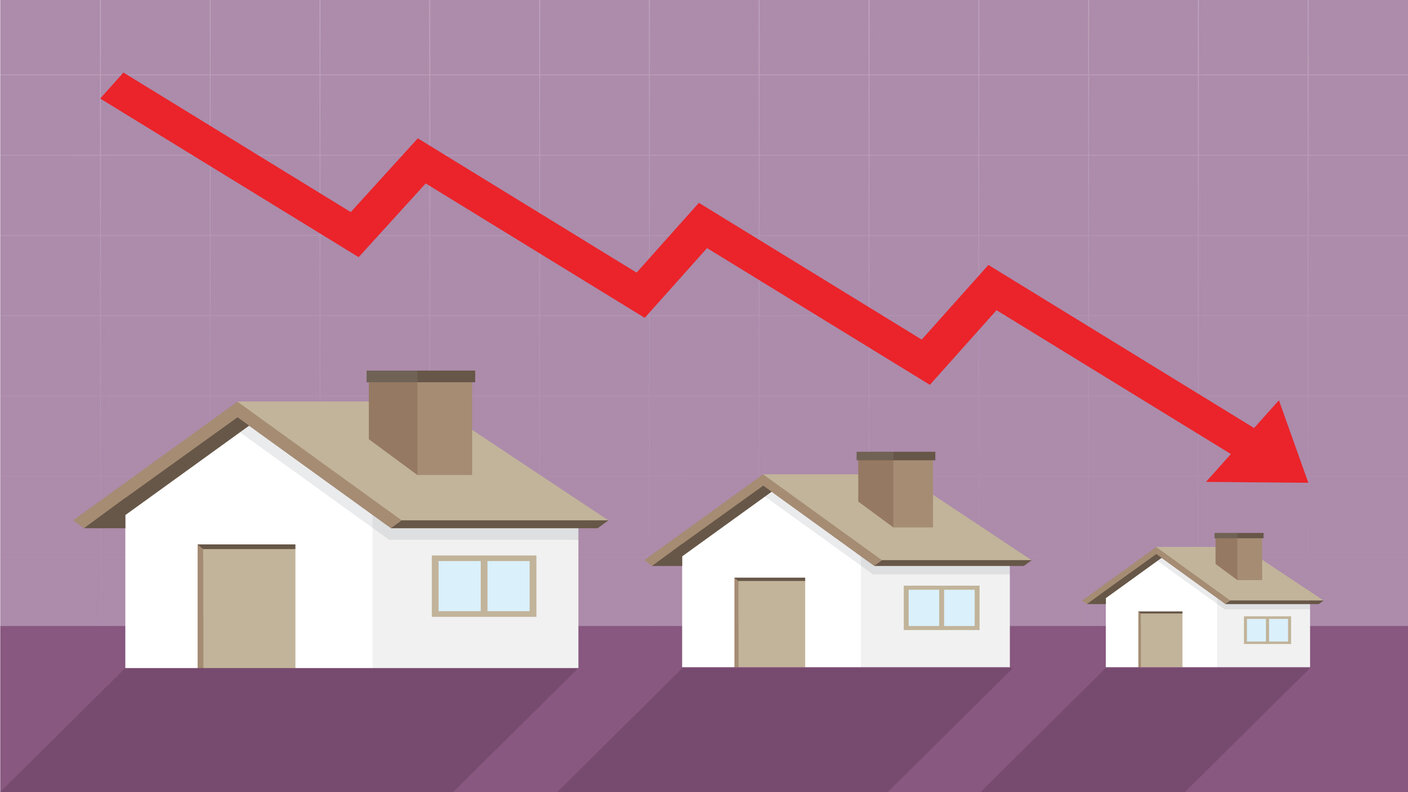 Halifax: UK house prices tread water as mortgage costs rise
Halifax: UK house prices tread water as mortgage costs riseNews Halifax’s latest house price index shows the average house price has remained largely unchanged from December.